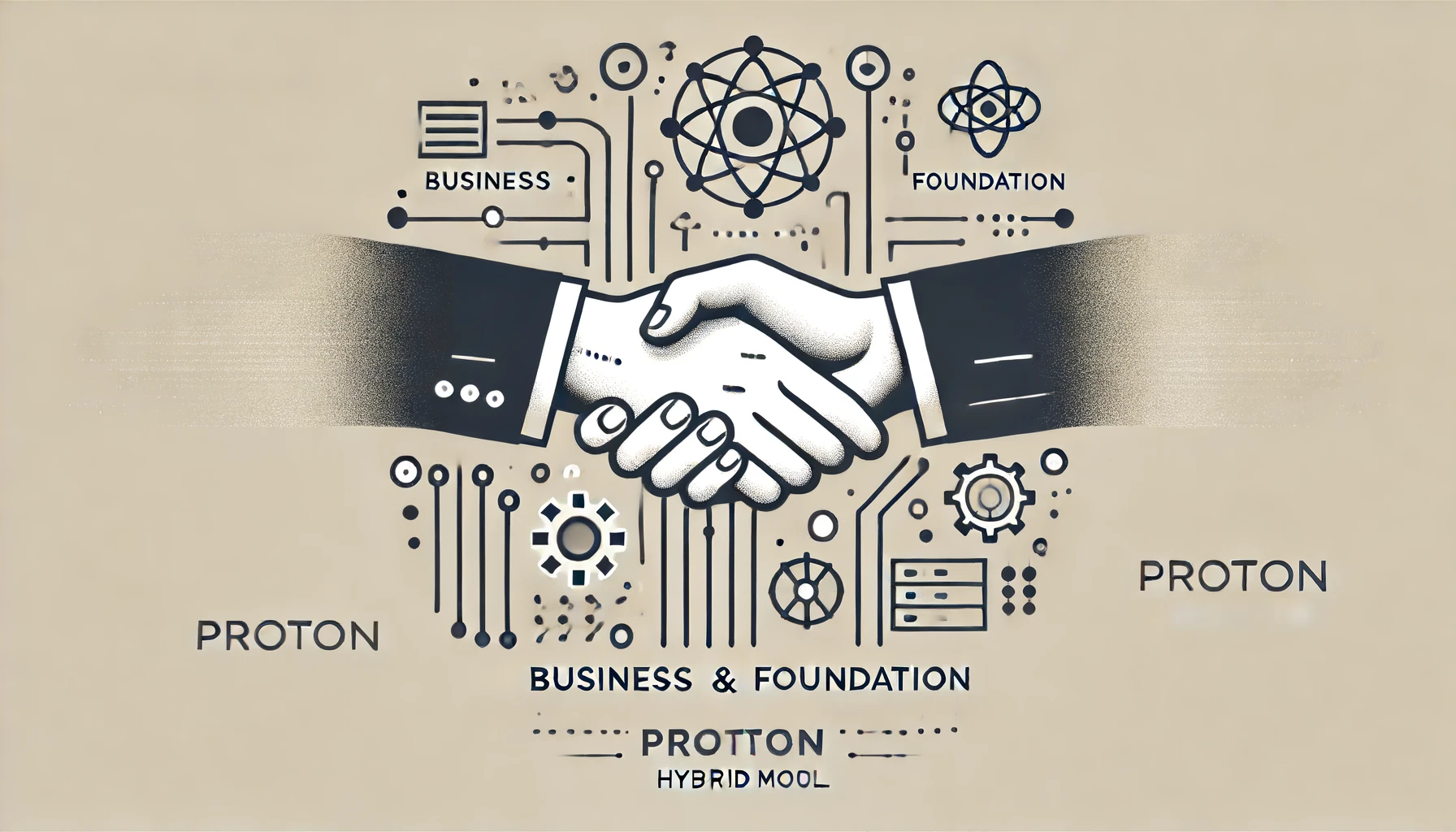Proton, the Swiss privacy app maker, announced a significant shift in its corporate structure, transitioning to a non-profit foundation model. The newly formed Proton Foundation counts Sir Tim Berners-Lee as one of its board members, alongside co-founders Andy Yen and Dingchao Lu, and other notable figures.
Strategic Shift Towards Sustainability
Proton, renowned for its suite of privacy-focused applications including ProtonMail, ProtonVPN, and ProtonCalendar, is set to undergo a transformation in its governance model. The company will continue its operations as a for-profit entity under the umbrella of the newly established Proton Foundation. This foundation will act as the main shareholder, aiming to ensure the company’s self-sustainability without the need for external funding sources such as donations or corporate partnerships.
CEO Andy Yen emphasized that this transition does not mark a shift in how Proton’s core businesses are managed. Instead, it aims to uphold the company’s independence and commitment to privacy. “Proton is not profit-driven, but we still must retain profitability as a core objective because a cornerstone of safeguarding Proton’s mission is independence through self-sustainability,” Yen stated in a blog post.
Challenges and Innovations in Privacy-Centric Business
Building a business model centered around privacy presents unique challenges. Proton has always positioned itself as an independent entity, free from venture capital influences and reliant on its own infrastructure rather than public cloud services. This independence is crucial in maintaining its promise of privacy to its users.
By adopting a hybrid model, Proton seeks to balance the benefits of a for-profit company with the mission-driven focus of a non-profit foundation. This approach allows Proton to attract and retain top talent in the tech industry through stock options and other incentives, while ensuring that any financial success directly contributes to the public good.
“This approach is unique, but we believe this hybrid model offers the best of both worlds,” Yen explained. “The foundation’s control would always require the company to act in a way that does not jeopardize Proton’s original mission.”
Background and Future Prospects
Proton was founded in Geneva, Switzerland, in 2014, and quickly gained recognition for its encrypted email service, ProtonMail. Over the years, the company expanded its portfolio to include a VPN, password manager, calendar, and cloud storage solutions. While many of these services are available for free, Proton also offers subscription plans that provide access to additional features and bundled services.
Proton initially raised around $500,000 through a crowdfunding campaign shortly after its launch, followed by an additional $2 million from Silicon Valley’s Charles River Ventures (CRV) and the Swiss non-profit Fondation Genevoise pour l’Innovation Technologique (FONGIT). By 2021, Proton had bought out its venture capital investors, with CRV selling its stake to FONGIT.
Yen, co-founder Jason Stockman, and director of engineering Dingchao Lu have donated shares to the Proton Foundation, making it the primary shareholder. However, the exact stake held by the foundation and other shareholders remains undisclosed.
Joining the board of trustees of the Proton Foundation are Sir Tim Berners-Lee, inventor of the World Wide Web; Professor Carissa Veliz of the Institute for Ethics in AI at the University of Oxford; and Antonio Gambardella, director at FONGIT.
Perspective and Implications
From my point of view, Proton’s transition to a non-profit foundation is a strategic move that could set a precedent for other privacy-focused companies. This model allows Proton to maintain its commitment to user privacy while benefiting from the operational efficiencies of a for-profit entity. It also positions Proton to compete more effectively with other tech giants by offering attractive compensation packages to its employees.
However, the success of this model will depend on Proton’s ability to balance profitability with its mission-driven objectives. Ensuring transparency in its governance and maintaining user trust will be critical as it navigates this new structure. The involvement of respected figures like Sir Tim Berners-Lee and Professor Carissa Veliz adds credibility to Proton’s mission and could help garner support from the broader privacy and tech communities.
As I see it, Proton’s innovative approach could inspire similar shifts in the industry, promoting a business model where financial success and public good are not mutually exclusive. The Proton Foundation’s journey will be closely watched as it seeks to preserve the company’s values and drive its mission forward in a rapidly evolving digital landscape.






